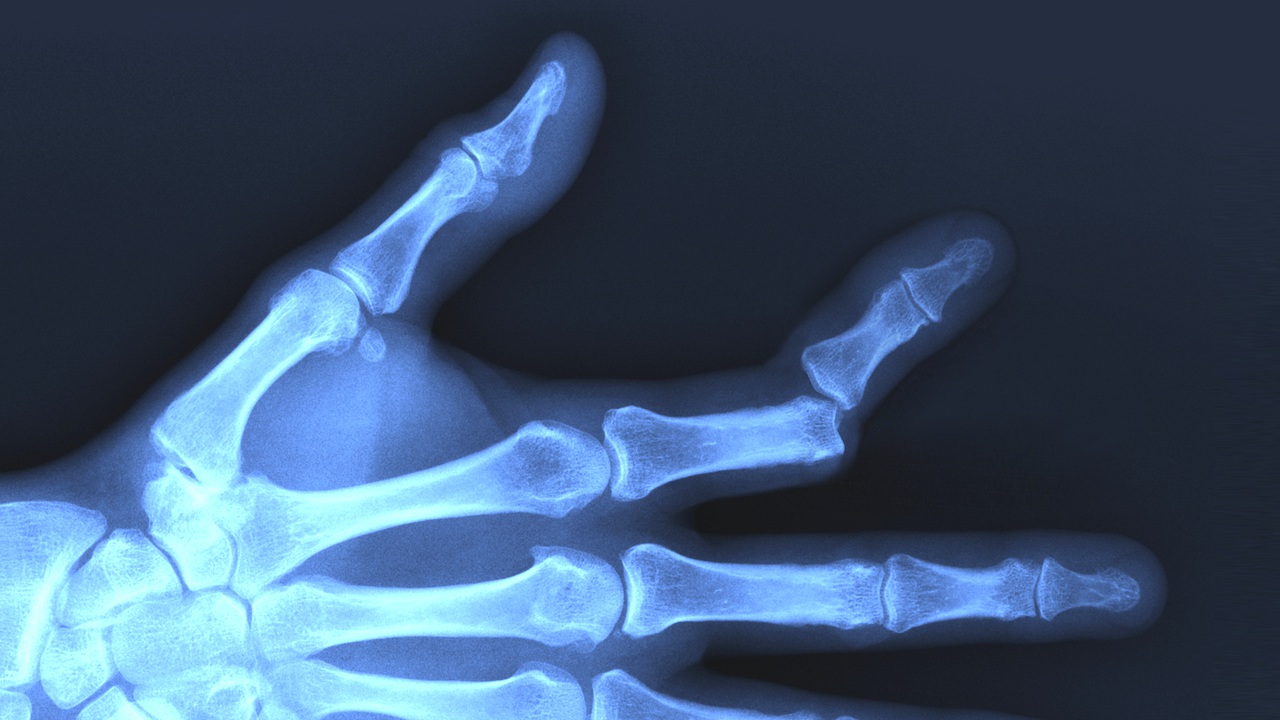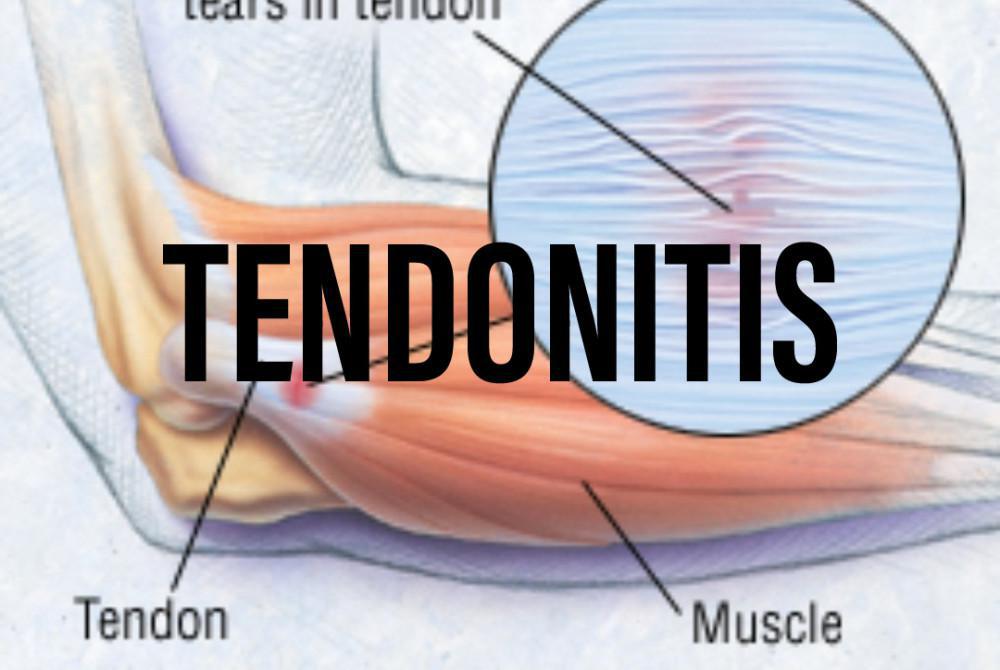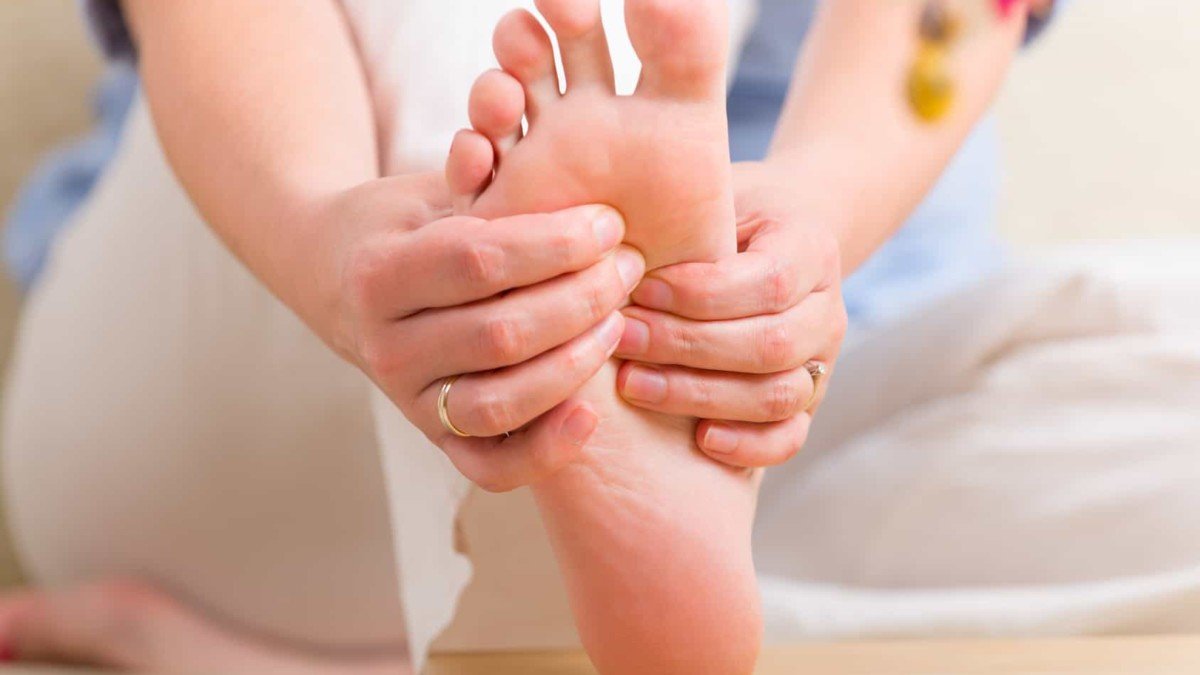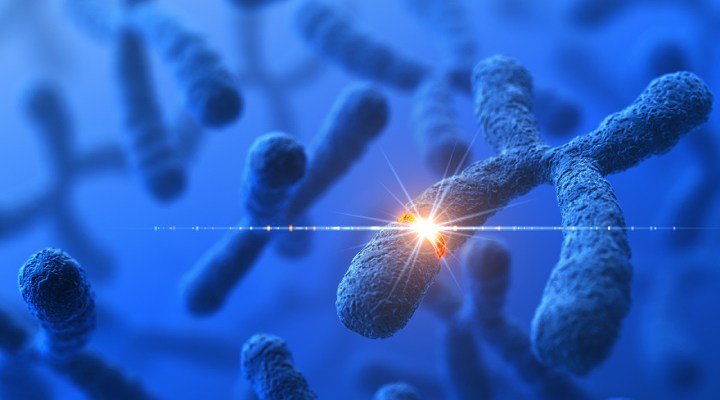What is hypocalcemia, and what are the side effects?
What is calcium deficiency or hypocalcemia?
Calcium is a vital mineral that the body uses to build strong bones and teeth. Decreased calcium and vitamin D in the body cause many problems, including hypocalcemia. Research shows that the leading cause of calcium excretion and deficiency is the consumption of certain foods.
Calcium is also needed for the proper functioning of the heart and other muscles; when you do not get enough calcium, your risk of developing disorders increases. Types of disorders include:
- Osteoporosis
- Osteopenia
- Calcium deficiency (hypocalcemia)
Children who do not get enough calcium may not be tall enough. You should get the recommended amount of calcium every day through the food you eat, supplements, or vitamins.
What is hypocalcemia, and what are its complications?
People need to get enough calcium to have healthy muscles and nerve function, strong bones, and healthy teeth. Adult calcium levels should be between 4.5 and 5.5 mmol / L, maintained by the process of parathyroid hormone, intestines, and kidneys.
From the age of 40, many people become deficient in calcium in the body, and their blood calcium levels will be lower than normal. Improper diets cause this problem. To maintain your body’s calcium stores, in addition to eating calcium-rich foods, you should also avoid certain other foods that are harmful.
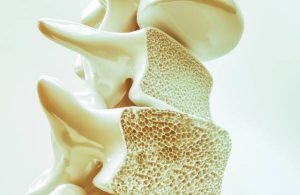
What causes hypocalcemia or calcium deficiency?
Many people are exposed to calcium deficiency in old age, and several factors, including:
- Calcium deficiency over a long period, especially in childhood
- Drugs that may reduce calcium absorption
- Low consumption of high calcium foods such as dairy
- Hormonal changes, especially in women
- Specific genetic factors
- Decreased serum albumin concentration
Getting proper calcium at all ages is essential. Daily calcium intake is the same for both sexes in children and adults.
Women should start taking calcium before middle age because women need more calcium as menopause approaches, and women need to increase their calcium levels to reduce the risk of osteoporosis. Decreased estrogen during menopause causes the female bones to drain faster.
Parathyroid hormone disorders may also cause calcium deficiency. People with this disease do not produce enough hormones to control the amount of calcium in the blood.
Reasons for calcium loss:
- Low levels of vitamin D make it difficult to absorb calcium.
- Medications such as phenytoin, phenobarbital, rifampin, corticosteroids, and medicines are used to treat high calcium levels.
- Pancreas
- Magnesium deficiency or high levels
- High phosphate
- Emotional shock
- High blood transfusion
- Some types of leukemia or blood problems
- Kidney failure
- Specific chemotherapy drugs
- A hungry bone syndrome that may occur after parathyroid surgery
- Thyroid resection as part of thyroid resection surgery
- alcohol consumption
- Consumption of phosphates
- Excessive consumption of caffeine and lemonade
If you lose your daily calcium, you will not be deficient in calcium overnight, but it is still essential to get enough calcium daily because your body uses it quickly. Vegetarians are not inadequate in calcium due to not consuming calcium-rich dairy products.
Calcium deficiency does not cause short-term symptoms because the body maintains calcium levels by consuming calcium directly from the bones. But low calcium levels can have profound effects.
What are the symptoms of calcium deficiency or hypocalcemia?
In the early stages, calcium deficiency may not cause any disease. However, as the condition progresses, the symptoms also grow. Severe symptoms of hypocalcemia include:
- Confusion or memory loss
- Muscle contraction
- Feeling of numbness and burning in the hands, feet, and face
- Depression
- Muscle cramps
- Fragile nails
- Easy bone-breaking
- Delusions
- Dizziness and loss of balance
- heartbeat
- Increased urination and pain after urination
- Feeling short of breath and pain in the chest area
- Inflammation of the lips
- Nausea and anorexia
- Diarrhea that does not go away after two days
Calcium deficiency can affect all parts of the body and lead to weak nails, slow hair growth, and thin skin. Calcium also plays a vital role in the production of neurotransmitters and muscle contraction. Therefore, otherwise, calcium deficiency can affect healthy people.
See a doctor as soon as possible if you start having neurological symptoms such as memory loss, numbness, and itching, delirium, or seizures.
- Reduce blood clotting levels
- Increased bleeding of blood vessels
- Irregular heartbeat
- Laryngeal spasm and bronchitis
- Sphincter symptoms (facial nerve contraction)
How is calcium deficiency diagnosed?
Contact your doctor if you notice symptoms of calcium deficiency. They will review your medical history and ask you about your family history of calcium deficiency and osteoporosis. If your doctor suspects a calcium deficiency, check a calcium sample in a blood sample.
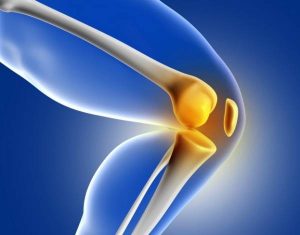
Decreased calcium or hypocalcemia in children (infants):
Hypocalcemia in newborns usually occurs after the first two days after birth. But it can also start three days after birth or after. Risk factors in infants include young age and maternal diabetes. The onset of hypocalcemia is often due to cow’s milk or a high-phosphate chemical formula.
Symptoms of low calcium or hypocalcemia in infants:
- Poor nutrition
- attack
- breathing
- The heart rate is faster than a normal heartbeat
A blood test makes a diagnosis, and treatment usually involves injecting calcium into supplements a few days later.
How is calcium deficiency or hypocalcemia treated?
Calcium deficiency is usually easy to treat, and this usually involves adding more calcium to your diet. Do not treat yourself with too many calcium supplements.
Taking more than the recommended amount without a doctor’s prescription can lead to serious problems such as kidney stones. It is important to note that some medications can hurt calcium supplements.
What are the possible problems and complications of calcium loss or hypocalcemia?
Calcium deficiency problems include eye damage, abnormal heartbeat, and osteoporosis. Osteoporosis problems include:
- Disability
- Fractures of the spine or other bones
- Difficulty walking
- If left untreated, it can be fatal.

How can calcium deficiency and hypocalcemia be prevented?
Prevent calcium deficiency; it is essential to eat foods rich in calcium and vitamin D. The primary option is calcium-rich sesame, which contains more calcium than dairy products.
But calcium is better absorbed from dairy, and there is also a lot of calcium in cheese, almonds, legumes, and green vegetables such as spinach, rosemary, and mint. The body needs vitamin D to absorb calcium. There are two sources of production: products and sunlight.
Products containing vitamin D.
Vitamin D is abundant in the following products:
- dairy products
- egg,
- Seafood;
- potato,
- Oat
- Mushrooms
- Orange juice
- Green leafy vegetables
- Sesame
- Almond
- Date
- Figs
- Raisins
- Citrus
Fruits and vegetables such as kiwi, blackberry, raspberry, papaya, turnip, celery, carrot, cabbage, onion, leek, artichoke, anise or cassia, cauliflower, and algae
In hot weather, the body can produce vitamin D when exposed to sunlight.
Lifestyle changes to treat calcium deficiency:
In addition to maintaining healthy amounts of calcium and vitamin D, you can make lifestyle changes to improve bone health. This includes:
- Keep your weight healthy
- exercise regularly
- Limit smoking
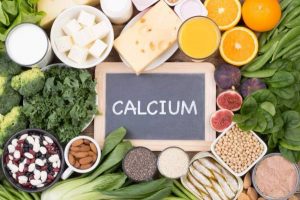
Do calcium-rich foods inhibit calcium absorption?
If you eat a lot of animal protein in your diets, such as red meat, chicken, and eggs, you should know that these foods disrupt metabolism and cause calcium excretion in the blood, so do not overeat these foods.
Eating salty foods increases the risk of excretion of calcium in the urine. After adding extra salt to foods, avoid canned foods, salty snacks, processed and industrial foods, and fast foods because our body only needs 2 grams of salt.
Although smoking is not a nutrient, it is the most common way to lose calcium, so it is best not to smoke after menopause for everyone, especially women over 40.
Excessive consumption of sugary drinks such as soft drinks rich in phosphorus causes the body to become acidic and lose calcium. Acidification of the body means loss of blood calcium. The body tries to compensate for this imbalance with phosphorus. Unfortunately, the body loses calcium after storing phosphorus and adjusting its pH.
Alcohol, coffee, and refined products such as white bread, rice, whole wheat flour, and sugar help deplete the body of calcium.


